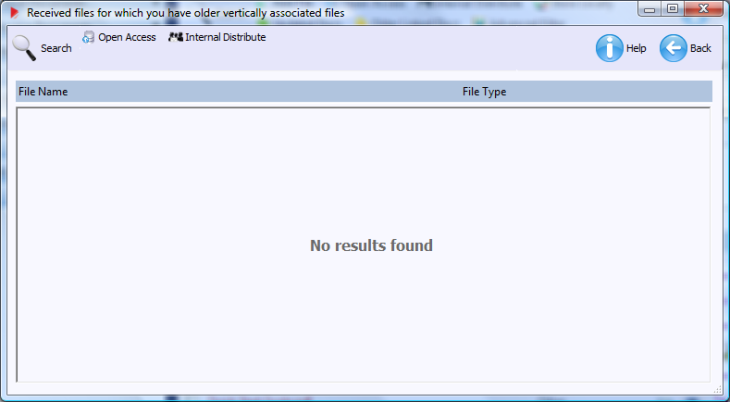|
|
|
|
|
|
This function is accessible to all users through the icon on the file management screen shown here. File Associations Many documents that we use are not standalone, they have associations with other documents. For example a Safety Data Sheet for a specific chemical may be used by multiple products or subsequent Safety Data Sheets as that chemical is used in different ways. Documents reference other documents and there are dependencies from one document to another. REACH Delivery has a powerful file associations sub-system that allows documents to be linked to each other through a multi-dimensional hierarchy that lists dependencies. This means that you can associate one document with several others and if a document is updated then any document that is associated with it will be flagged and users will not only be updated with information that there has been a change but also if they open the updated document from an existing message it will be the latest version. The Documents with updated parents function (sometimes referred to as received files for which you have older vertically associated files) allows you to see what files you have received that have associated files but the associated files that were previously received. This function offers the following screen.
What do the options mean? Search for Files - complete the search criteria boxes (e.g. file type) and click this icon to display all new and updated documents that you have received. Open Access - Select one or more of the flies (by checking the tick box) and then forward these internally via the "File Sharing" function. Internal File Distribution - This function provides a formal manner to distribute files around users in the same company. A message is created and the selected documents are placed into the message. This is then logged onto the senders outbound list and an audit trail started for the send. Receipts are automatically returned to the sender for the documents when the receiver accepts the message.
|
|
|
REACH Delivery Service Copyright © All rights reserved. |
Additional Support: Contact REACH Delivery Support Marketing and Sales: Contact REACH Delivery |
